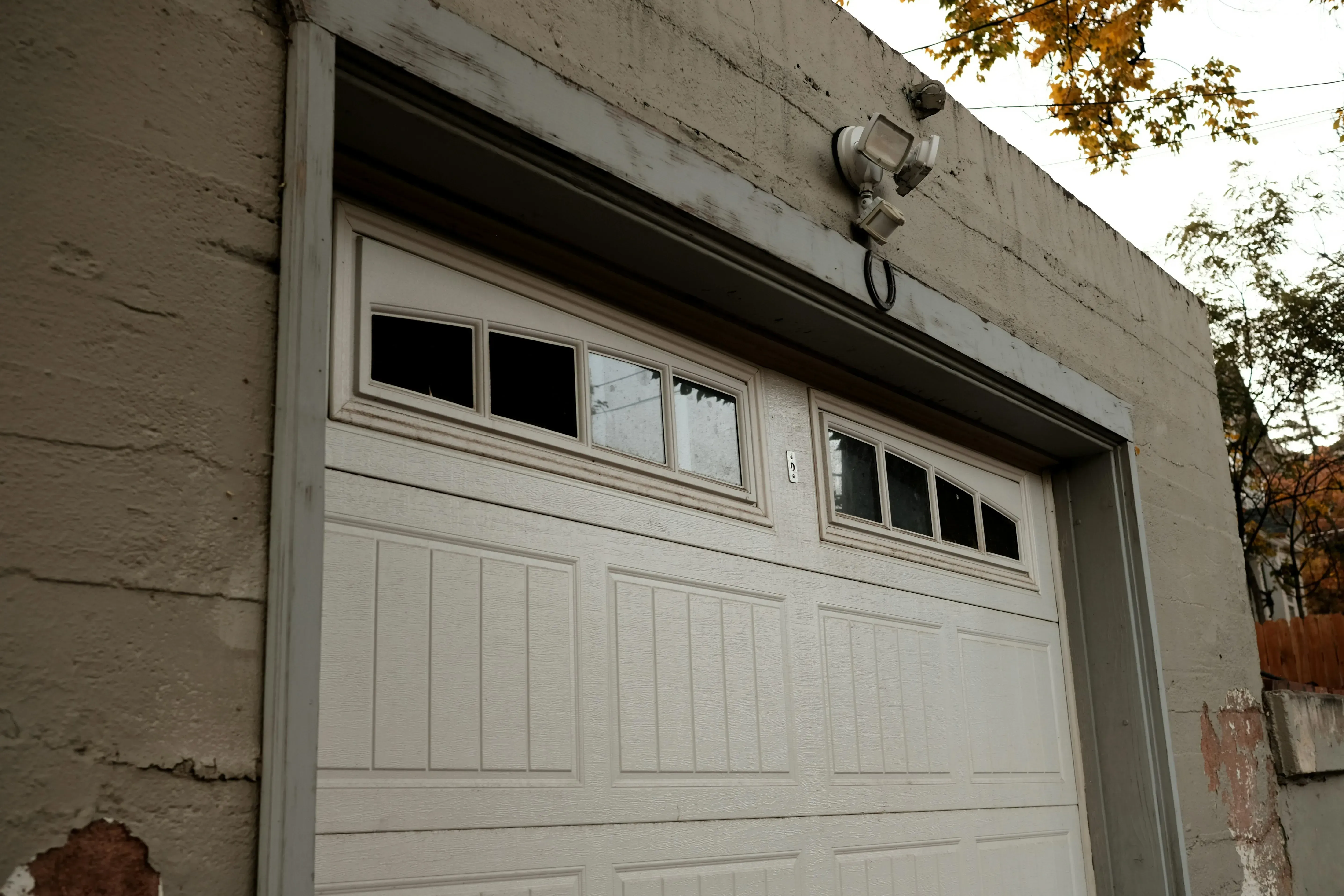How to Winterize Your RV
How to Winterize Your RV: A Complete Guide for Dutchmen RV Owners
As winter approaches, it’s essential to prepare your Dutchmen RV for colder temperatures and freezing conditions. Winterizing your RV is crucial for preventing damage, maintaining its value, and ensuring it’s ready to hit the road next season. This comprehensive guide will walk you through all the steps to protect your RV during the winter months.
Why Winterizing Your RV is Essential
RVs contain multiple water systems and delicate components that are susceptible to freezing, which can lead to cracked pipes, damaged water heaters, and other costly repairs. By winterizing your Dutchmen RV, you ensure that your vehicle will be ready to go when spring rolls around.
Step-by-Step Winterization Process for Your RV
1. Drain All Water Systems
One of the most important steps in winterizing your RV is draining all water systems to prevent freezing. This includes:
Freshwater Tank: Drain the freshwater tank completely.
Black and Grey Tanks: Empty your black and grey tanks, then clean them thoroughly to avoid any residual waste or odors.
Water Heater: Turn off the water heater, let it cool, and drain any remaining water. Open the pressure relief valve to release any built-up pressure.
Tip: For Dutchmen RV owners, always consult your manual for model-specific information on accessing and draining each tank properly.
2. Blow Out Water Lines (or Use Antifreeze)
Water left in the pipes can freeze and expand, potentially damaging the plumbing system. You have two options here:
Blowing Out the Lines: Use an air compressor to blow out any water in your RV’s pipes. Attach the compressor to the city water inlet and blow air through the lines until all water is gone.
Using RV Antifreeze: Many owners prefer adding non-toxic RV antifreeze, especially in extremely cold climates. Pour the antifreeze into your water pump and allow it to flow through the system until it exits all faucets.
3. Open Faucets and Low-Point Drains
Once you’ve drained your water systems, open all faucets and low-point drains to ensure any remaining water can exit. Be thorough, as even a small amount of water left in the pipes can cause damage.
4. Protect the Interior and Exterior
Take steps to safeguard your RV’s interior and exterior against the elements.
Interior: Clean the inside of your RV thoroughly. Remove any food to avoid attracting rodents, and place moisture absorbers in cabinets to prevent mold and mildew.
Exterior: Check the roof for leaks, seal any cracks, and consider applying a weatherproof cover to protect your Dutchmen RV from snow and ice.
5. Battery Maintenance
Disconnect and remove any batteries to prevent them from freezing and losing charge. Store them in a warm, dry place for the winter, and check their charge periodically to ensure they’re ready for next season.
6. Check Your Tires
Tires can lose pressure and develop flat spots if left unused in cold weather. Inflate your tires to the recommended PSI, and consider parking your RV on wood or plastic blocks to prevent tire rot.
Common Winterization Questions
What type of antifreeze should I use for my RV?
Use only non-toxic RV antifreeze, which is specially formulated for RV plumbing systems. Avoid using automotive antifreeze, which can be harmful to humans and pets.
Do I need to winterize my RV if I store it in a heated garage?
If your RV is stored in a consistently heated space, winterizing may not be necessary. However, it’s still a good idea to check for any potential leaks or issues that could worsen over time.
Can I winterize my RV myself?
Yes! Many RV owners prefer the hands-on approach of winterizing their RV themselves. However, if you’re unsure or pressed for time, consider taking your Dutchmen RV to a professional service center.
Final Thoughts on Winterizing Your Dutchmen RV
Winterizing your RV might seem like a chore, but it’s a small investment in the longevity and performance of your vehicle. By taking the time to follow these steps, you’ll prevent potential damages and make sure your Dutchmen RV is ready for new adventures next spring.
With this guide, you’re all set to winterize your RV and keep it safe until it’s time to hit the road again. Stay prepared, stay safe, and happy travels!
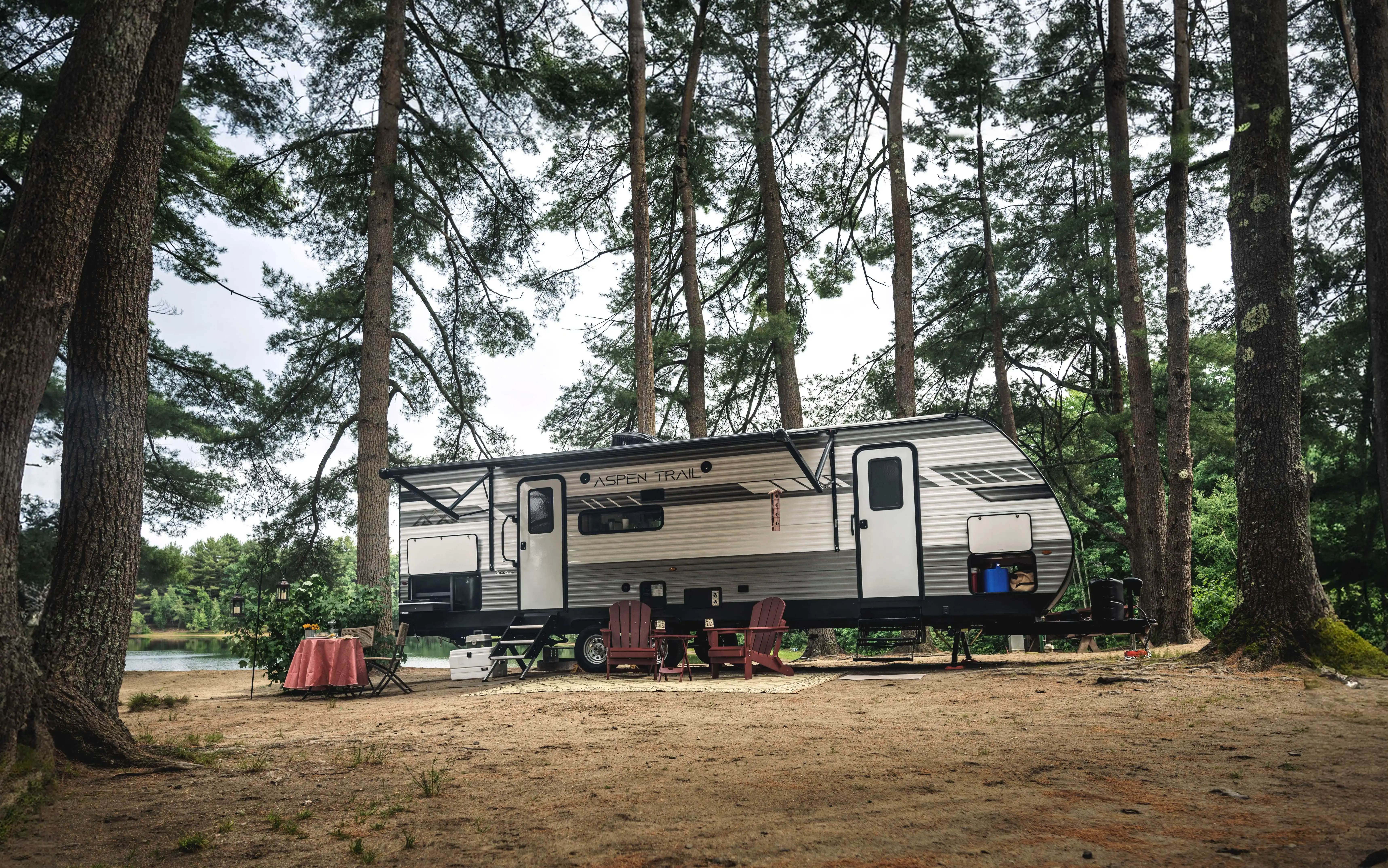
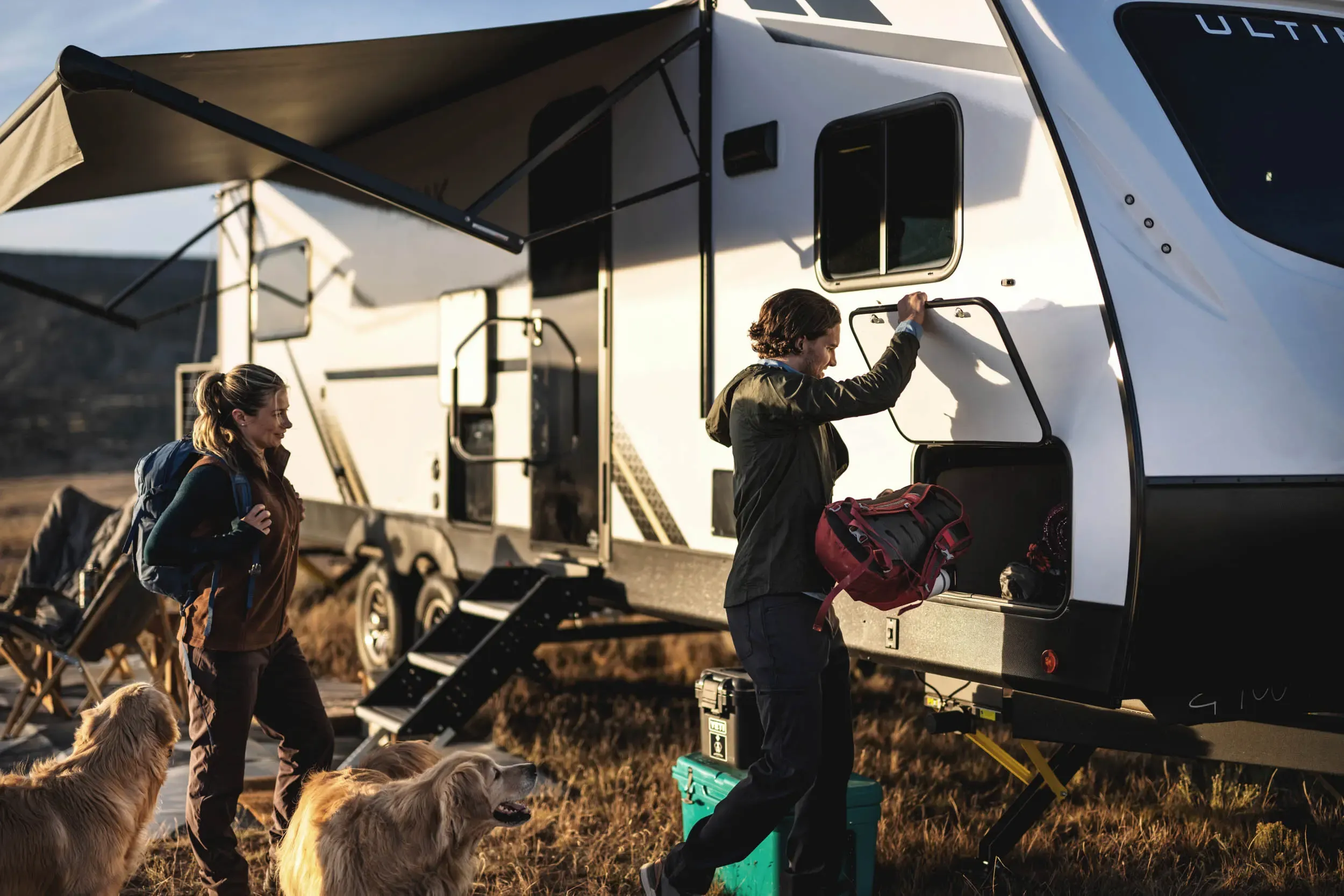
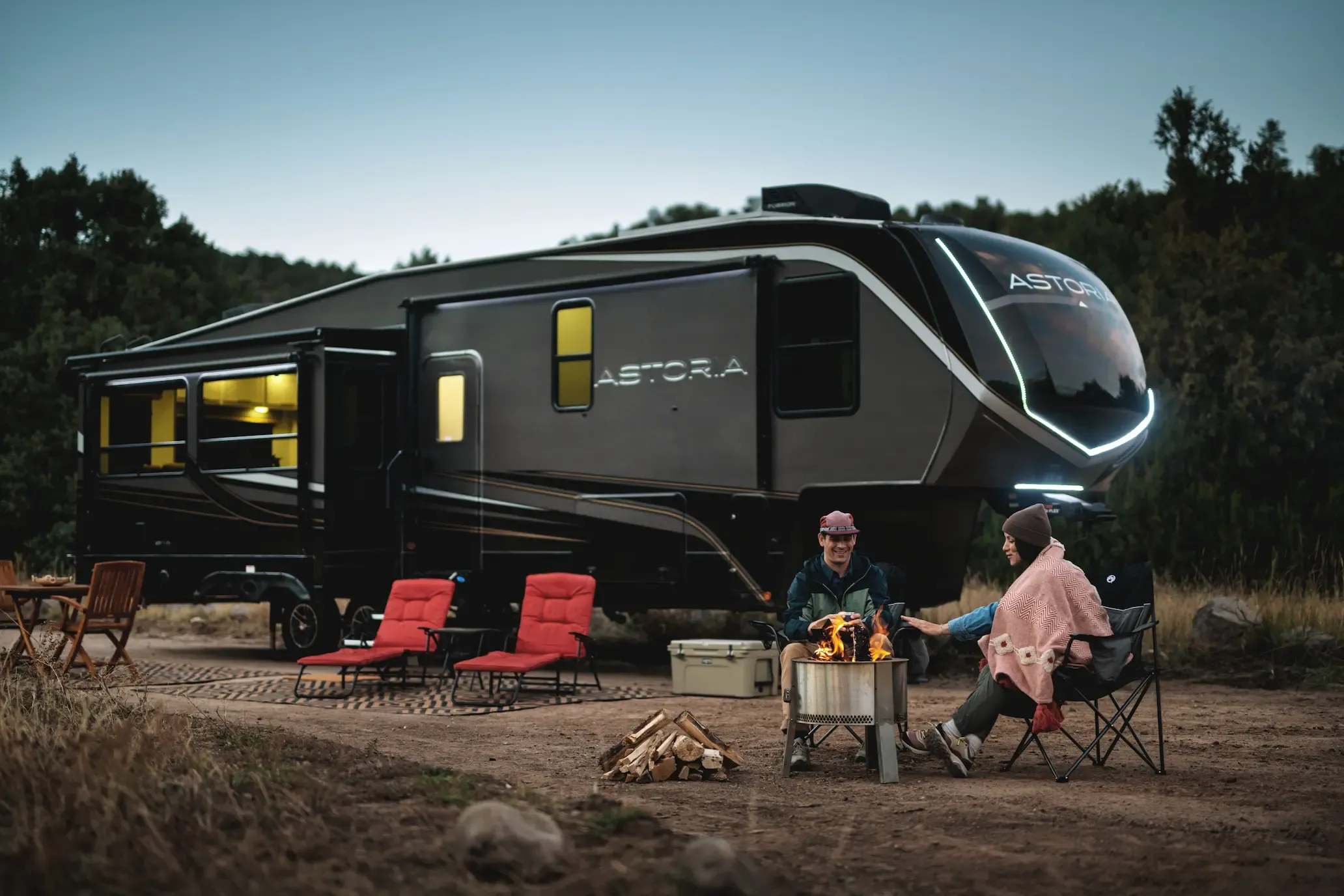
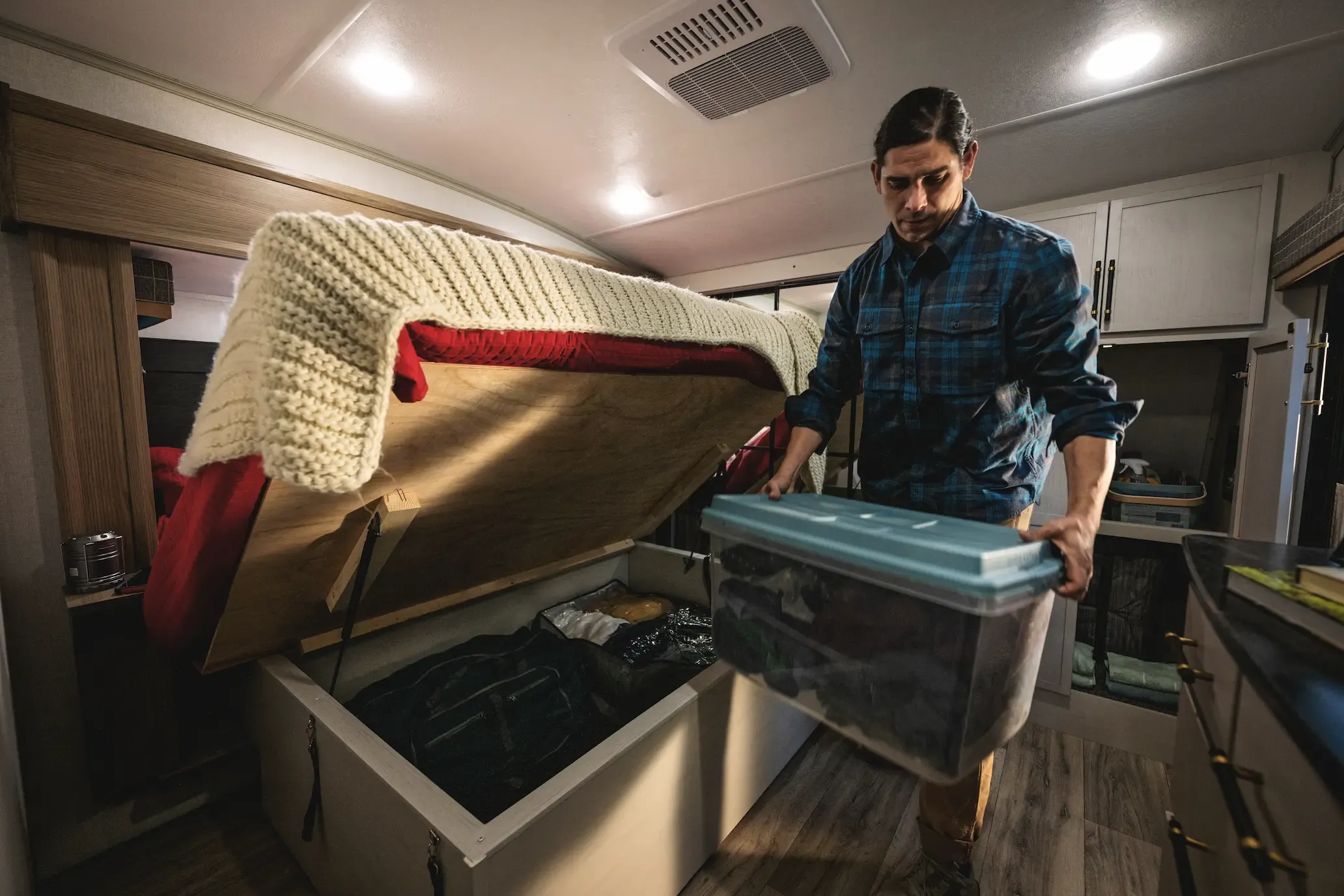

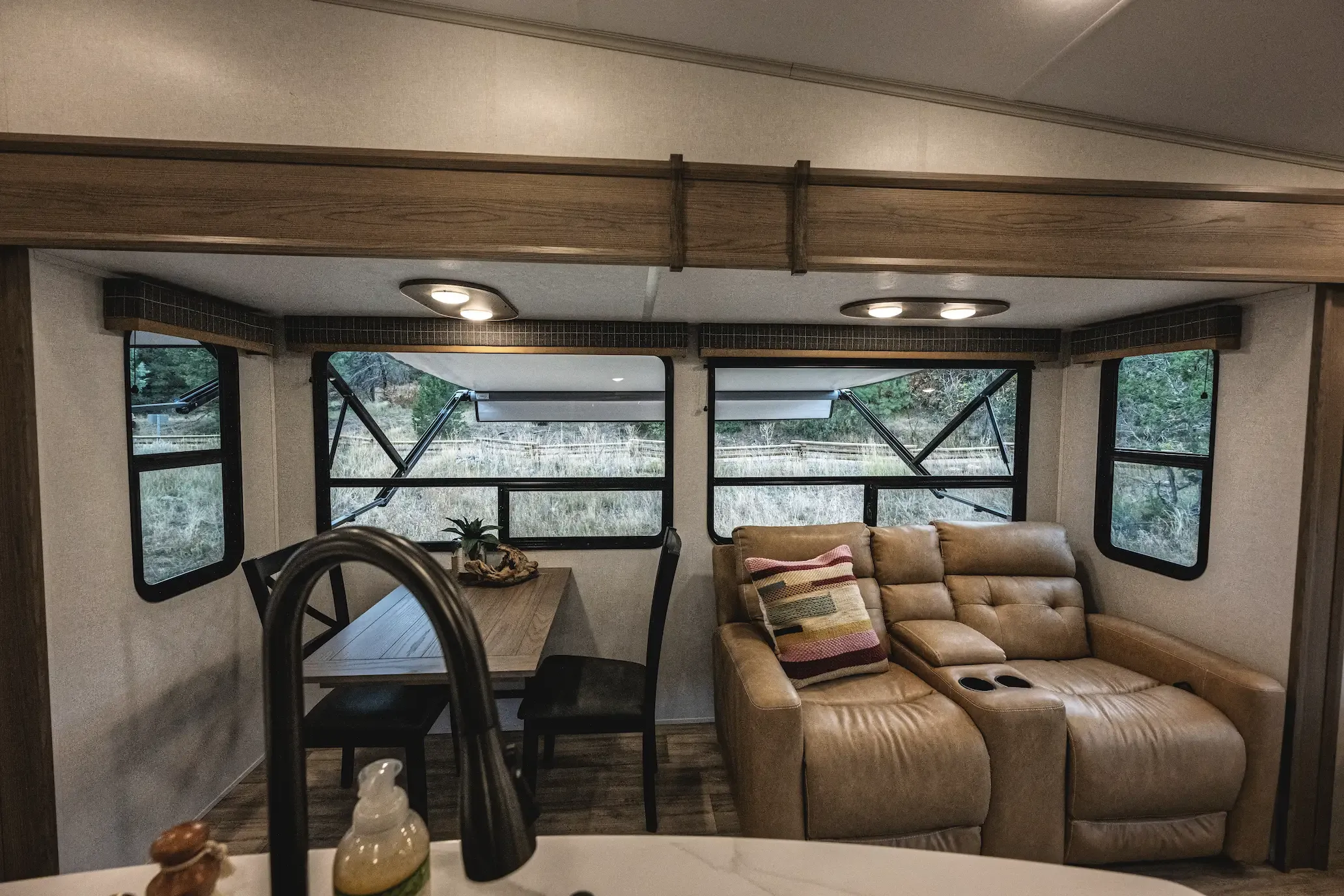
.webp)
.webp)
